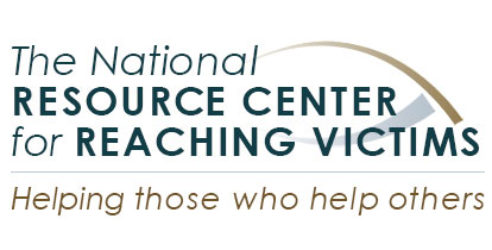Holistic Healing Framework for Boys and Men of Color
Historically, boys and men of color have disproportionately been victims of violence and are underserved by victim service providers. Due to a combination of factors resulting from systemic and interpersonal violence, historical trauma, racially-based and state-sanctioned violence (i.e. discriminatory policies, police brutality, mass incarceration) their experience of interpersonal violence and trauma is intensified.
The National Resource Center for Reaching Victims and one of its partner organizations, Common Justice, developed a Holistic Healing Framework using a Restorative Integral Support model, an application of Integral Theory specific to addressing accumulated adversity and trauma to foster resilience and recovery. This paper conceptualizes a framework for a holistic approach to healing, called The Holistic Healing Framework, and offers a theoretical perspective on why it should be applied in victim service provision.
